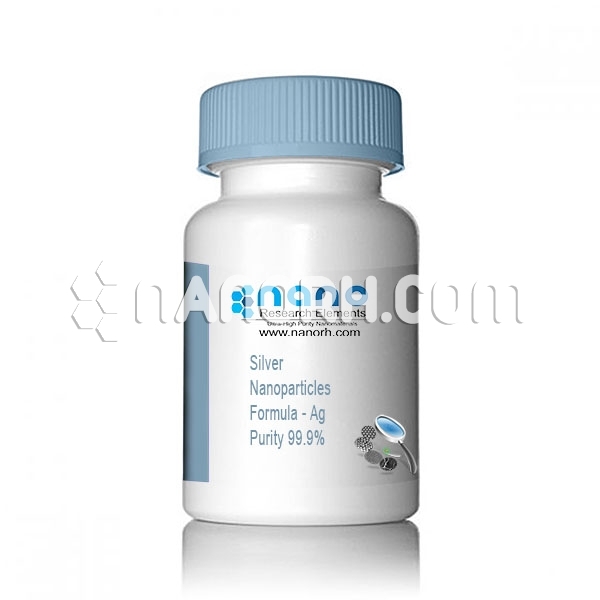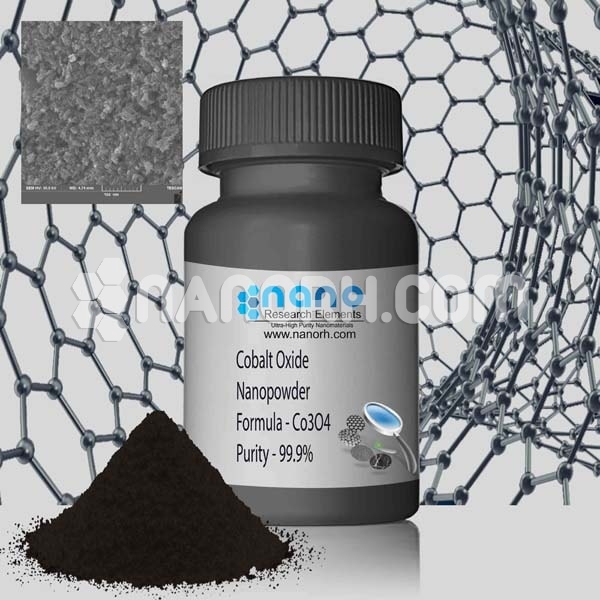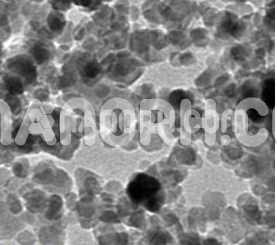| Iron Pyrite | |
| Product No | NRE-5119 |
| CAS No. | 12068-85-8 |
| Formula | FeS2 |
| APS | -140+325 mesh (>90%) |
| Purity | >99.0% |
| Color | Greyish Black |
| Molecular Weight | 119.98 g/mol |
Iron Pyrite
Industrial Applications
Historically, Iron pyrite has been used extensively in the production of sulfuric acid, which is one of the most important chemicals in the world, used in manufacturing fertilizers, refining petroleum, and in chemical synthesis. The sulfur content in pyrite is extracted and converted to sulfur dioxide (SO₂) and subsequently sulfuric acid (H₂SO₄) via the contact process. This process was a major industrial method for sulfuric acid production until more efficient methods were developed, but FeS2 remains a source of sulfur in some regions.
In addition to sulfur extraction, pyrite has been used in various metallurgical processes for producing iron and steel, where it can act as a fluxing agent in some cases.
Emerging Applications and Research Directions
Energy Production
One of the most exciting research areas involving FeS2 is in renewable energy, particularly in the development of solar energy technologies. FeS2 has semiconductor properties, and it is being studied as a photovoltaic material for use in solar cells. Pyrite’s band gap of approximately 0.95 eV is ideal for absorbing sunlight and converting it into electrical energy, making it a potential candidate for low-cost, efficient solar panels.
Catalysis and Hydrogen Production
FeS2 is also being explored for use in catalysis, particularly in hydrogen production through water splitting. As a semiconductor, pyrite can facilitate the photoelectrochemical splitting of water, generating hydrogen, which can be used as a clean fuel source. This application is of interest in the development of hydrogen-based energy systems, a key component of the transition to a sustainable energy future.
Energy Storage and Batteries
Another promising area of research is in the use of FeS2 in energy storage devices, such as batteries and supercapacitors. Due to its high surface area and unique electronic properties, iron pyrite is being studied as a potential material for lithium-ion batteries and other energy storage technologies.




